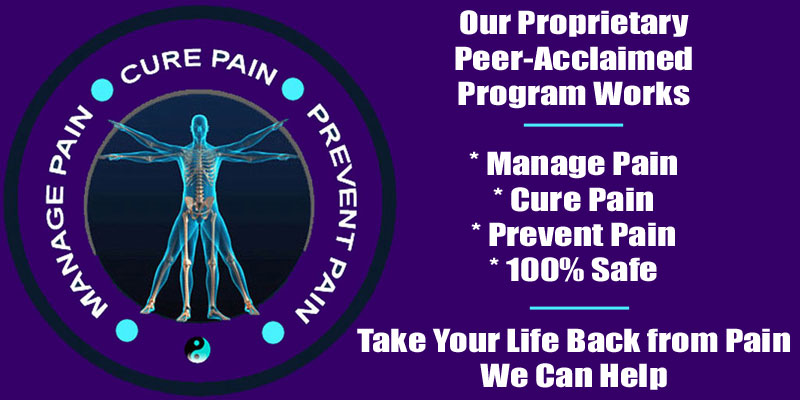
Thinking about joining a sciatica support group? Many of you would love a place to discuss your pain with fellow sciatica sufferers and gravitate towards online communities where you can do just that. Support groups can offer some great benefits, but they can also be damaging to many patient’s curative aspirations.
We are all for the sharing of personal experiences, but also feel that these experiences must be truthful, accurate and understood in context. Not all experiences are universally applicable and some can actually cause more suffering than good. Remember too that not everyone’s motivations on online support groups are pure and benevolent. In fact, there are many companies online masquerading as patients in order to market to desperate souls who are simply placing their faith in whatever supposedly worked for their peers.
This essay provides guidance and cautions for readers who might be thinking about or already participating in an online or real world sciatica support group.
Benefits of a Sciatica Support Group
Patients who belong to support groups crave empathy, information and fraternity. All of these things can reduce suffering with any health issue and foster an attitude of being part of something bigger than just one’s own pain. Many people take solace in this.
Information is one of the biggest draws, since real patients can share their experiences with diagnosis, products and treatments, providing a first-hand look at what to try and what to avoid. Many people find it best to cut through promotional and marketing materials that traditionally are used to expose them to sciatica care practices. In fact, many patients base much of their treatment plan around recommendations from fellow sciatica sufferers, as well as advice from the few care providers who might actively participate in or moderate the support group.
Dangers of Support Groups
Besides the common incidence of infighting, rivalries and trolling, as is an inherent part of most internet communities, online support groups feature much darker risks to consider:
Some patients have personal and malevolent agendas. They might spread false information or simply fail to accurately portray their experiences due to various personal motivations. Some people enjoy the suffering of others and actually do their best to cultivate it through negativity, false information and purposefully misleading tales of their experiences and results.
Some members might not even have sciatica at all and are fakes who might be motivated by strange factors ranging from delusion to far more common cases of medical marketing. Yes, many people on sciatica support bulletin boards are actually employees or subcontractors of the same product and treatment companies that are selling to you 24/7. They create false personas online to give their recommendations credibility, but these are still just commercials. Companies have gotten far more savvy at this practice and many employ dozens of people as full time online marketers who pretend to be patients or even doctors.
Some people and companies are simply looking to gather your personal information and use “friendships” formed online to harvest as much data from you as possible. Names, addresses, email addresses, social media accounts and online screen names are all worth big money to multiple sources.
Sciatica Support Group Advice
We tend to be wary of online forums, since we ran our own many years ago and found it to be a greatly disappointing and disheartening experience. Instead of a place where good information was shared, it became a place where companies deceived, people fought and false data was the rule, rather than the exception. We find this is the state of all the online boards we have seen in recent years, as well, with some being truly a collection of criminals and idiots… A few groups are acceptable and even helpful, when used with caution.
Real world support groups are less inclined to suffer from some of these problems, but still face many of them. Additionally, most people with chronic sciatica pain do not have the ability to inconvenience themselves to attend in-person gatherings and instead rely on internet-based groups by a margin of more than 99 to 1.
Our advice is to participate in a sciatica support group if you like, but always keep your guard up. Look for clues that you are being misled or marketed to. Watch out for personal messages that seek to create intimacy and then exploit your trust. Most importantly, always fact check and do lots of independent research on anything you read that interests you. Do not just take one unverified opinion as your exclusive motivation to try a given product or treatment.





